The Ministry of Agriculture and Forestry, the Ministry of the Environment and experts from Sitra are currently examining the possibility of establishing a payment-by-results environmental fund – also known as an Environmental Impact Bond (EIB).
One of the targets of Finland’s Action Plan for a Circular Economy is to launch Europe’s first EIB in Finland in 2019. This would channel funding to projects and activities that help achieve measurable environmental protection goals, determined in advance.
The idea is the same as the payment-by-results Social Impact Bond (SIB): private investors finance the efforts needed to achieve the goal, and the public sector only pays for the results.
Finland already has experience of several SIBs: six funds are in progress, under construction or planned, with targets ranging from rapidly integrating immigrants to promoting the well-being of children and young people.
Planning of the EIB project began with an open workshop in October 2017. Approximately 50 experts discussed whether the SIB model used in social services would also be suitable for promoting environmental, bioeconomy and circular economy goals, as well as whether specific targets and potential participants could be identified.
The workshop produced several interesting themes, and a decision was made to continue developing two of them.
- The first goal involves dealing with the environmental problem caused by livestock manure in the Archipelago Sea catchment area and turning that problem into new business. Finland produces more than 17 million tons of livestock manure each year, which contains huge amounts of nitrogen and phosphorous. The target is to promote systemic change and process manure into a highly refined manure product that would significantly reduce nutrient emissions into the Archipelago Sea. The major benefits created by the project aim to increase the recycled manure business and tourism, in addition to improving Finland’s nutrient self-sufficiency and the water quality of the Archipelago Sea.
- The second idea is related to municipalities and how to help them switch to services produced in a carbon-neutral and resource-wise way. The project will include a group of municipalities willing to co-operate with companies and service providers to develop effective solutions, to serve as miniature laboratories for new innovations and to commit to common goals. The aim is to cut greenhouse gas emissions in the participating towns and cities by 80% and simultaneously decrease the use of natural resources.
What is impact investing?
Impact investing is a means of enhancing profitable co-operation between the private, public and third sectors by preventing and solving various well-being and environmental problems. It offers a way to make carefully planned, long-term, front-loaded investments.
Clear impact and financial return targets are always set for impact investments, and their degree of realisation is measurable.
One form of impact investing is a payment-by-results agreement (SIB or EIB). This provides the public sector with a risk-free tool, because the necessary activities and services are funded with money from investors. As a general rule, the investors bear the financial risk in the project and the municipality or state pays only for the results. Payment-by-results funds are particularly suitable for investors who are interested in both financial return and social development.
Financial and functional modelling is at the heart of a payment-by-results project. Modelling is used to identify the key factors (root causes) necessary to achieving a desired, positive and permanent change. Indicators used to verify the productivity are also developed at the same time.
Rather than being a one-off project, the goal of an EIB is to develop a concept that will provide lessons that can be widely implemented to solve different environmental problems.
Further information:
Timo Halonen, Senior Specialist, Ministry of Agriculture and Forestry, tel. +358 29 516 2411
Taina Nikula, Ministerial Advisor, Ministry of the Environment, tel. +358 295 250 202
Mika Pyykkö, Project Director, Impact Investing, Sitra, tel. +358 294 618 259
Anna Tonteri, Leading Specialist, Sitra, tel. +358 294 618 220


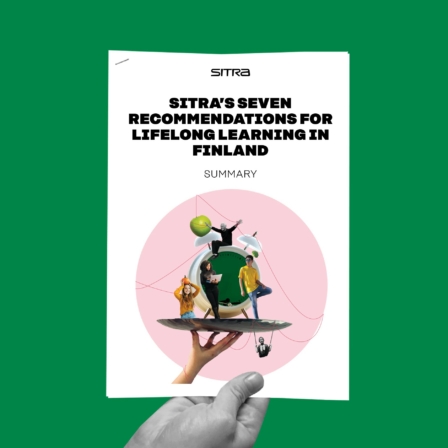


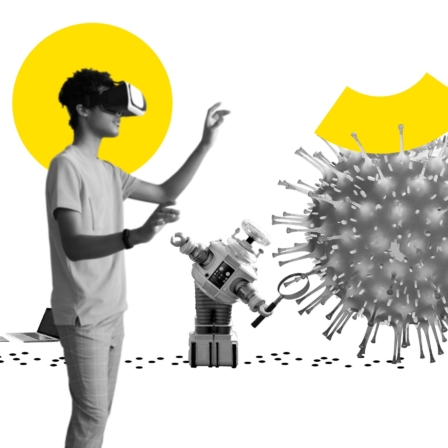
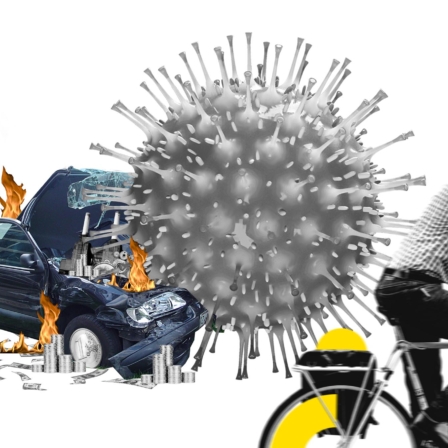





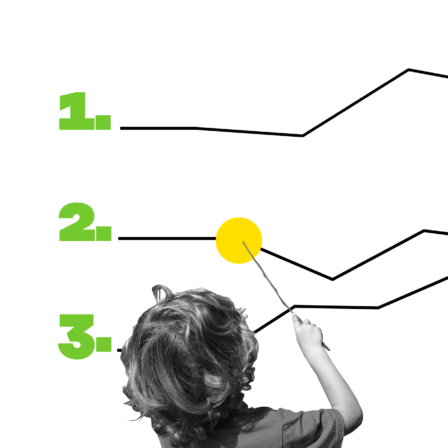
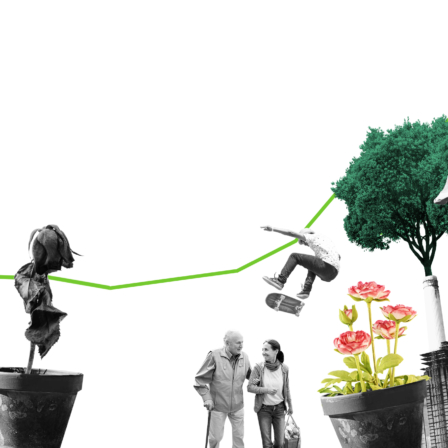

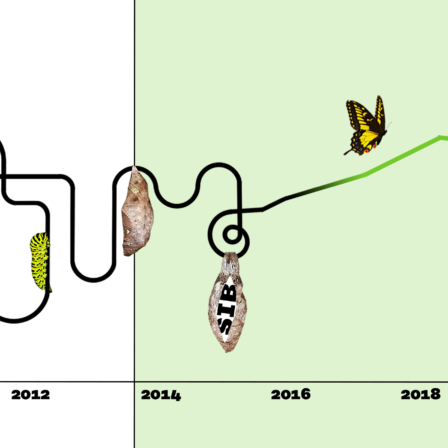

Recommended
Have some more.